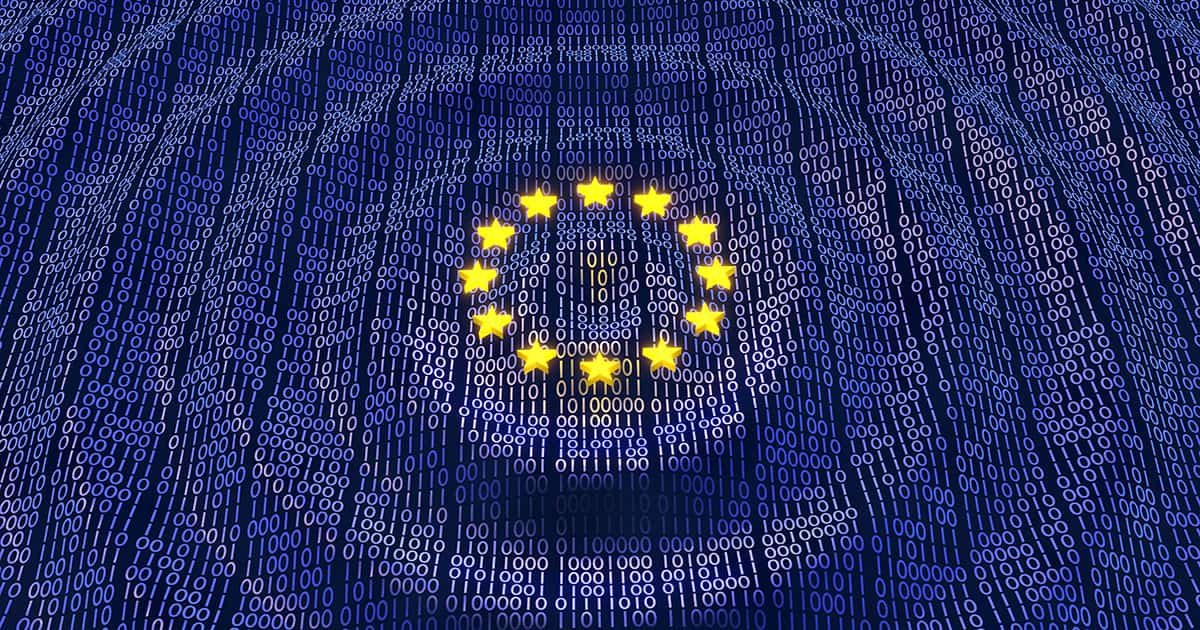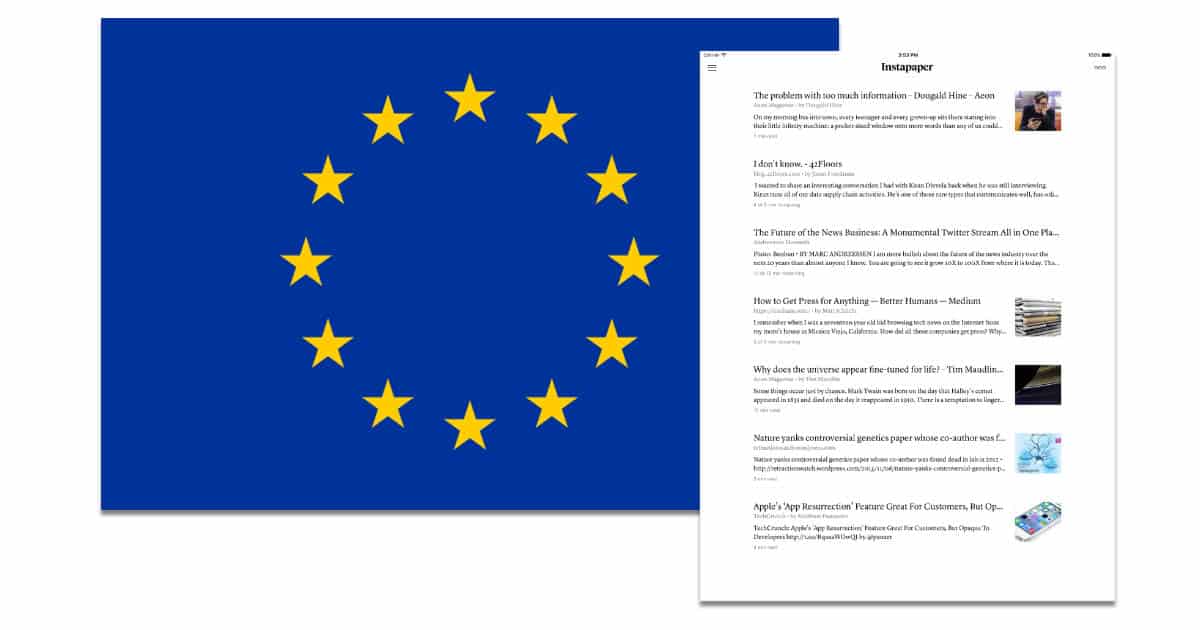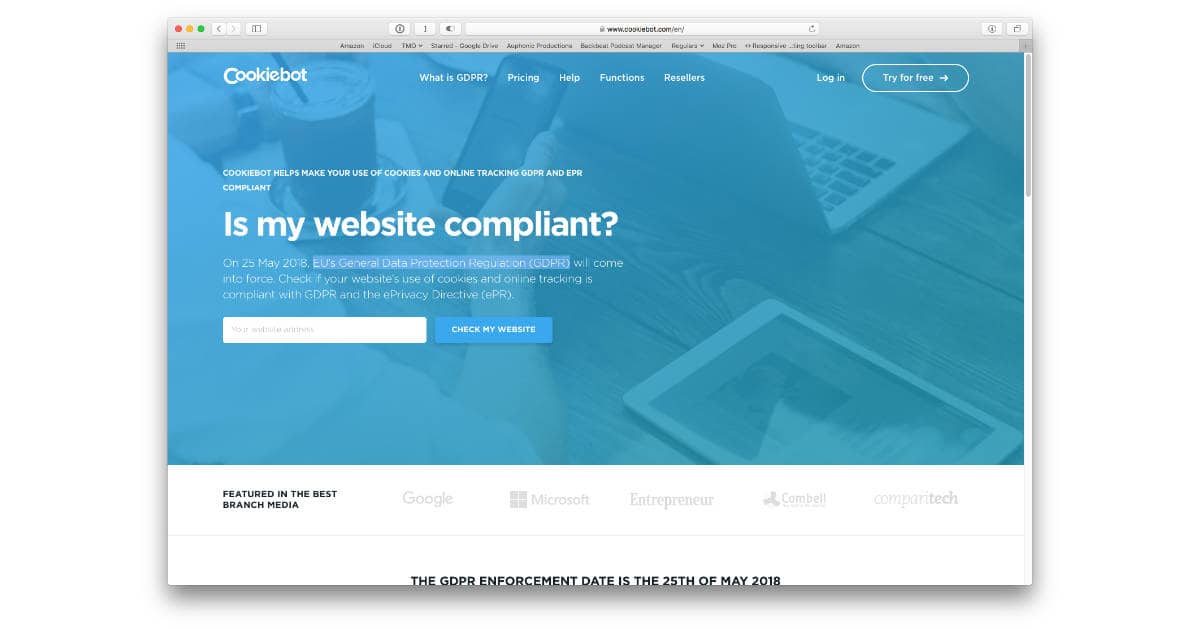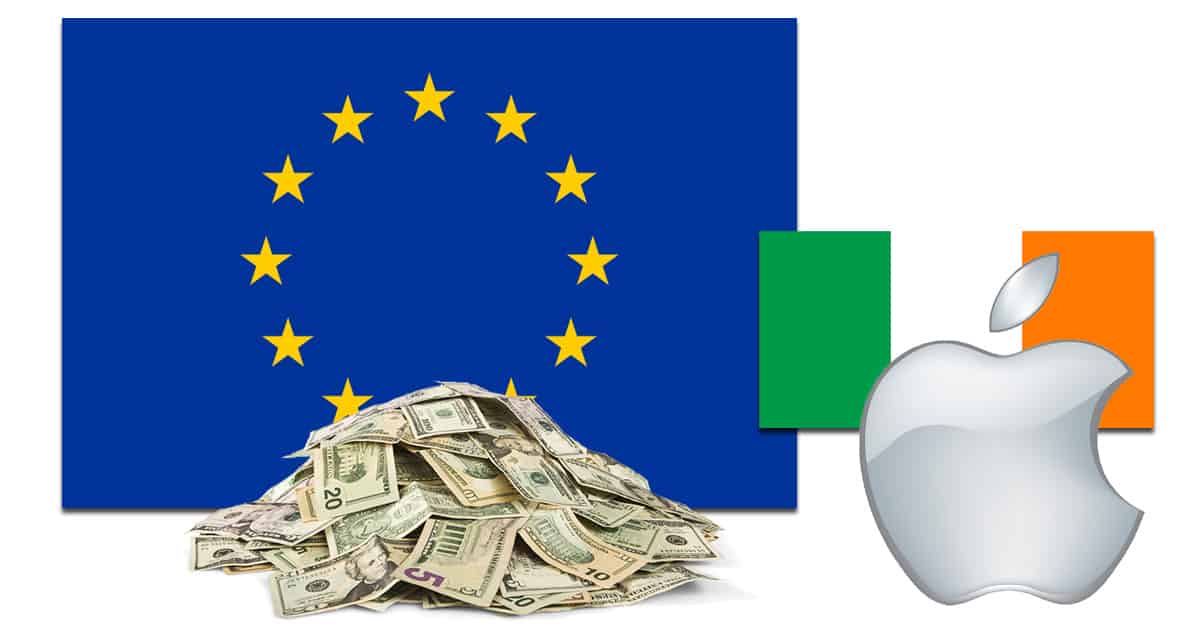The European Parliament has backed controversial reforms to copyright laws, known as the ‘Link Tax’, following two years of EU negotiations.
EU
Messy Negotiations Over EU Internet Regulations
European Union (EU) negotiations are notoriously messy. Discussions on the EU’s Copyright Directive have proved to be no different. The legislation was meant to update copyright rules so they worked in the digital age. However, in the most recent talks, which took place Friday, six countries changed their approach to two of the Articles being worked on. This meant the discussions could not reach a vote and a conclusion. The Verge delved into what happened, and what it all means for Europe’s internet.
Prior to Friday’s talks, a minority group of the EU’s 28 member states were fighting for more generous interpretations of these articles. These were Germany, Belgium, the Netherlands, Finland, and Slovenia. But on Friday, they were joined by representatives from Sweden, Croatia, Portugal, Luxembourg, Poland, and Italy, creating a sizable bloc.
EU Does not Have a Coordinated Plan to Fight Election Hacking
LONDON – The EU does not have an overall plan to deal with hackers seeking to disrupt its election in May 2019. According to a feature in Wired, each of the 27 states who will be in the EU when the election takes place is expected to secure the vote in their own country. Consequently, smaller member states could be left vulnerable, and cyber-attacks or disinformation could have a serious effect on the election results.
If a tiny member state is left it to go alone against Russia’s state-backed hacking teams and disinformation brigades, the calculus of the European Parliament could be engineered by a third-party state to tilt in its favor. The stakes are huge, and some say the EU hasn’t faced up to the enormity of the issue.
Protonmail Launches GDPR Site to Help Businesses
Protonmail is launching a GDPR site to help businesses achieve GDPR compliance. It’s at GDPR.eu and features practical, easy-to-understand information.
US iPhones and Other Smartphones Can Now Receive EU Satellite Data
An FCC ruling means US iPhones and iPads will be allowed to receive European satellite navigation data for the first time.
Tomorrow the EU Votes on the Future of the Internet
Tomorrow the EU will vote on the future of the internet. Specifically, a proposal involving copyrighted material that proves controversial.
Instapaper Available in EU Again, Announces Premium Subscription
The website tagging service Instapaper is back up and running in the European Union after temporarily shutting down in May for General Data Protection Regulation compliance.
Here's an Easy Way to Check Website Cookies for GDPR Compliance
The EU’s General Data Protection Regulation, or GDPR, goes into effect on May 25th, 2018, and it can impact websites that aren’t hosted in member states. If you want to see if the cookies on your website are GDPR-complaint, Cookiebot is a great place to start. You’ll get a quick audit of site cookies in a PDF showing how compliant—or not—they are. It’s free to try, and offers a little insight into how GDPR impacts websites.
U.S. Government Seeks to Intervene in Apple's EU Tax Appeal
The U.S. wants to tax all of Apple’s overseas money before the European Union gets a chance.
EU Says Apple Owes €13B in Back Taxes, and the Fight is On
The European Union says Apple owes €13 billion (about US$14.5 billion) in back taxes because Ireland gave the iPhone and Mac maker illegal and unfair tax advantages. Apple and Ireland have both condemned the ruling maintaining they acted within the country’s laws, and are planning to appeal the ruling.





